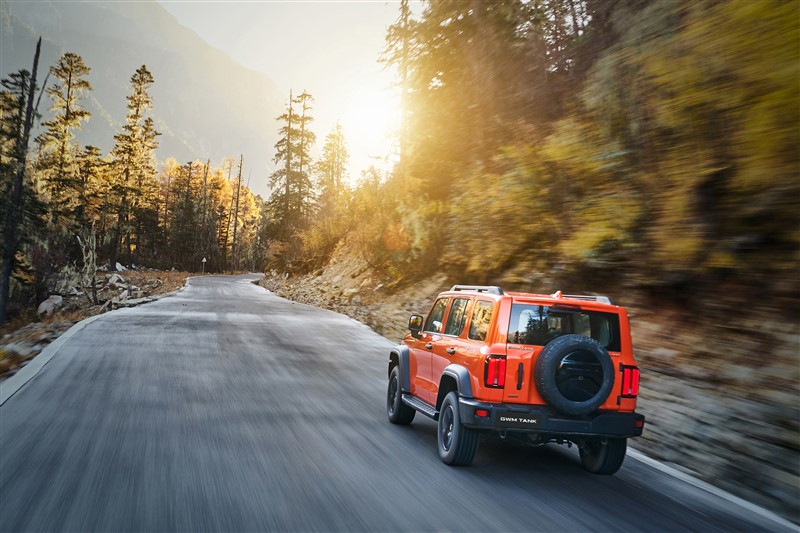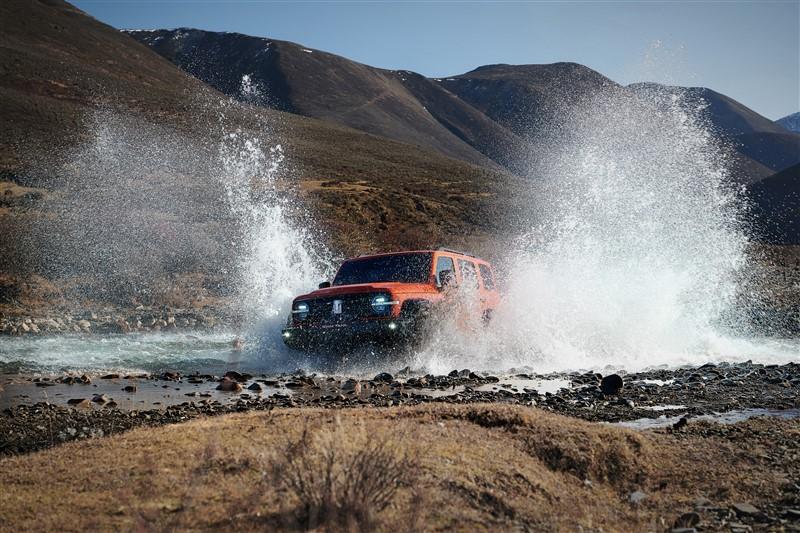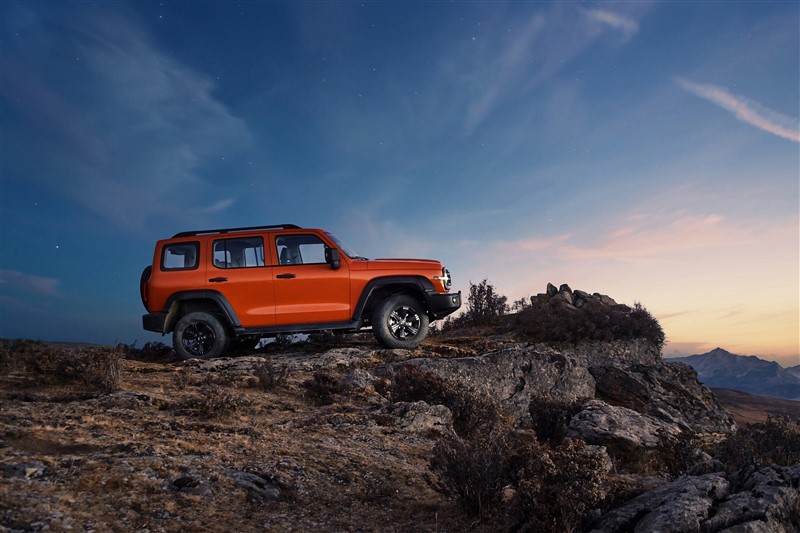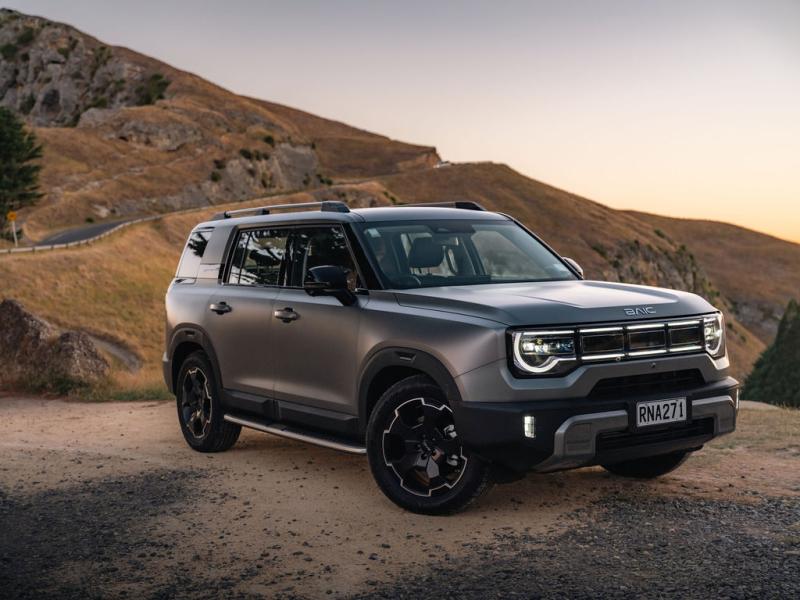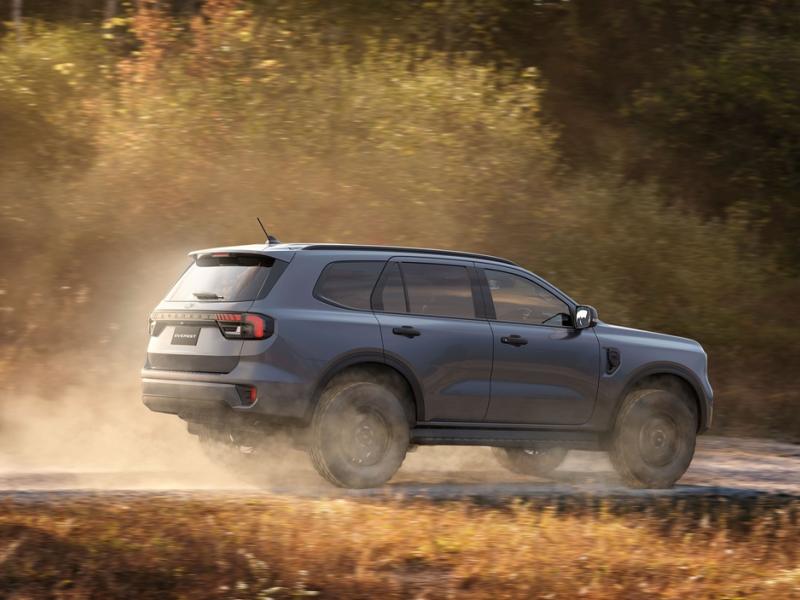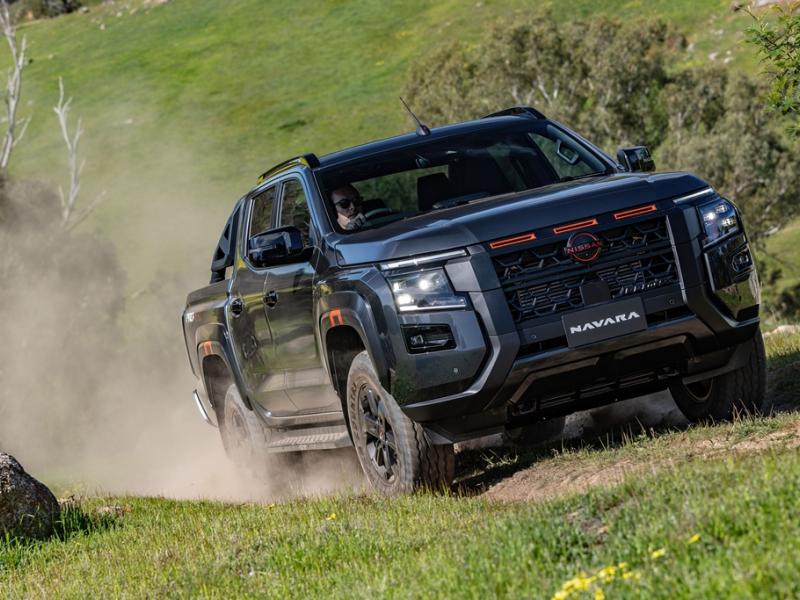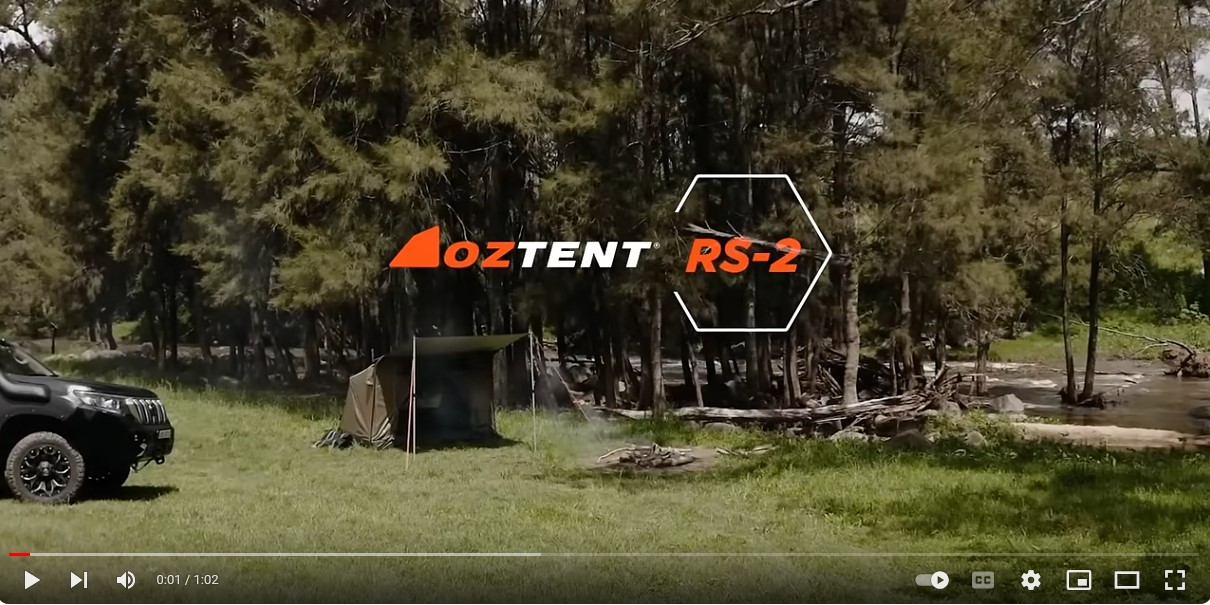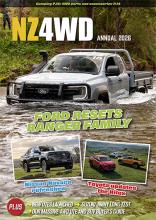Driving a 4WD off-road in New Zealand provides a great way to explore our rugged landscapes, but this comes with challenges that require careful preparation. Many tracks need a solid understanding of how to handle a 4WD in tough conditions.
Whether it’s negotiating uneven terrain, steep hills, or unpredictable weather, being well-prepared keeps the journey safe. To help drivers handle these challenges and make the off-road trip as smooth as possible, follow the safety tips below.
Choose the right 4WD
A 4WD should have strong suspension, solid ground clearance, and a reliable four-wheel drive system to manage New Zealand’s rugged terrain effectively. With 88% of Kiwi drivers recognising the importance of safety features in preventing injuries, equipping a vehicle with the latest technology is necessary before heading out.
The GWM Tank 300 is a strong example of a vehicle built for off-road driving. Its reinforced frame and body and 5-Star ANCAP safety rating offer reliable protection on rough terrain.
The hybrid engine strikes a balance between power and fuel efficiency, which makes it well-suited for longer off-road trips. Advanced systems like hill descent control and multi-terrain mode features enhance control on challenging tracks.
Give the 4WD a once-over before heading out
Before any off-road trip, checking the vehicle helps avoid issues down the track. Start by looking at the tyres for enough tread depth and proper inflation, as good tyres provide better grip on uneven surfaces for safe driving.
Make sure fluids like oil and brake fluid are topped up to keep the engine and brakes working well. Give the battery a quick check, too. There’s nothing worse than a flat battery out in the wops.
Walking around the 4WD to spot leaks or loose parts can save time later. Look for signs of wear on hoses and belts, as well as any fluid leaks under the vehicle. This quick check helps keep everything running smoothly during the drive.
Pack the right gear
Off-road trips often lead to remote areas, which is why having the right gear is important for safety and comfort. Packing plenty of drinking water keeps everyone hydrated on long drives, a good torch provides visibility after dark, while a first aid kit helps manage minor injuries. Bringing a tyre repair kit, a spare tyre, and an air compressor can also help with unexpected tyre problems.
Adjust your tyre pressure
Tyre pressure is important when driving off-road because it directly affects traction and handling. Lowering the tyre pressure increases the contact area, which gives a better grip on soft surfaces like sand and mud. This prevents the tyres from sinking or slipping. On firmer ground, higher pressure is needed to keep the vehicle stable and protect the tyres from damage.
Use low gears on tricky tracks
Low-range gears provide better control when driving over rough or steep terrain. In challenging conditions like rocky ground, steep climbs, or muddy tracks, using lower gears provides more grip and reduces the risk of slipping.
For added control on tough descents, vehicles like the GWM Tank 300 come equipped with features like hill descent control. This system automatically regulates speed on downhill sections, allowing for a steady descent without the need for constant braking. This makes handling tough tracks easier and helps to reduce strain on the vehicle.
Make every off-road drive a safe one
By following these tips, drivers can feel more confident and better equipped for the challenges that come with 4WD driving. Take the time to prepare, check the vehicle, and adjust to the conditions to make every off-road adventure safe and enjoyable.
